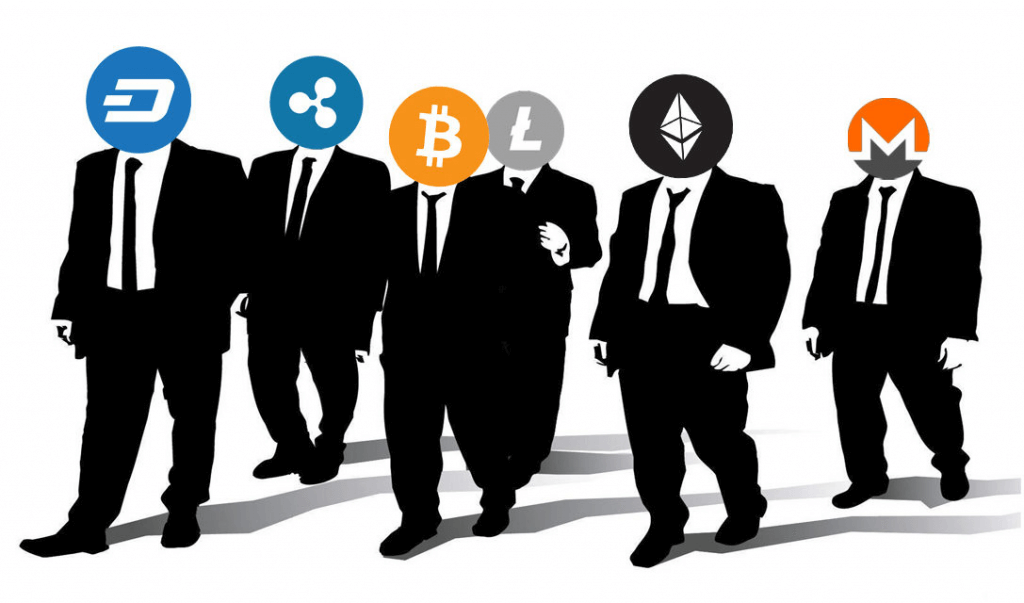
Crypto People: Famous Crypto Skeptics
It has grown to be one of those things where you’re either “totally for” or “entirely against”. Like, say, pineapple on pizza. Like socks in sandals. Cryptocurrency is polarizing. It takes strong sentiment to get from John McAfee’s “new gold standard” to Warren Buffett’s “rat poison squared”. Are you curious, then, who’s in the skeptics’ camp?
Robert Schiller, Nobel-prize laureate and Yale professor of economics thinks Bitcoin is “an epidemic on enthusiasm” and a speculative bubble.
Mike Novogratz, former manager for Fortress, is a pragmatist. While he thinks Bitcoin may be the largest bubble the world has ever seen, he thinks you can still make money out of it. He is in the same boat at Mark Cuban and Peter Thiel, apparently, who allow for the possibility that all this is just a bubble, but are optimistic about its financial potential and are set to make serious money out of it.
Nouriel Roubini thinks bitcoin is “the mother of all bubbles” and that “its fundamental value is zero” . To be fair, the statement was made a couple of months after the Bitcoin crash of January 2018. He still remains extremely skeptical of crypto.
Warren Buffett is the father of all crypto-skeptics. From “it doesn’t produce anything” and “it is probably rat poison squared”. His Berkshire Hathaway Vice Chairman, Charlie Munger, also thinks Bitcoin is “just dementia”.
Jamie Dimon, JPMorgan CEO, is one of the more entertaining figures tangential to Cryptoland. First he called bitcoin a fraud, then he said he regretted that, then, more recently, he called it a scam (which he hasn’t regretted yet) . He also claimed he wasn’t going to talk about bitcoin anymore, only to continue talking about it. In the meantime, JPMorgan co-president Daniel Pinto revealed the company was contemplating offering Bitcoin futures. Whether the company is as dead-set against crypto as its CEO, blockchain technology is definitely in development at JPMorgan.
Finally, Paul Krugman, New York Times columnist and CUNY professor of economics, the man who mis-predicted the future of the internet and social media, has long been battling crypto with shifting arguments. Neither as vehement as Buffett, nor as accommodating as Novogratz, Krugman has just this summer published an op-ed claiming there are two big problems with crypto: high transaction fees and tethering (by which he apparently means being connected to a real-life, palpable value or use, as in the case of gold) . If you can answer his one question, though, he says he’s willing to consider he might be wrong. His question? “What problem does cryptocurrency solve?” Umm…
Pretty much the same problem that fiat money does, except without centralized financial institutions controlling the process of issuing, transferring or storing money.
Most skeptics listed here believe the main problem with Bitcoin (and by extension all other cryptocurrency) is that it’s a bubble, that it’s volatile and that nothing real backs it up. Often compared to the tulip mania of the 17th century, the bitcoin growth of the past 8-9 years has been much less dramatic and much more stable compared to the explosion in price seen in 1633-1636. At the market collapse of 1637, a tulip bulb crashed from about 2,500 florins, at a time when a skilled worker could earn at most 200 florins per year.
Even at the peak value of $20,000, Bitcoin never quite reached that tulip-craze level; compound that to the problem of perishable goods and transportation problems in the 17th century, and you’ll begin to get an idea of how maybe that overplayed comparison doesn’t quite tell the right tale.
Yes, there may be a bubble, and yes, who in their right mind can deny that crypto is volatile? That doesn’t mean there isn’t anything to crypto. Fractional banking is a very doubtful practice, and yet banks overlook dozens of system failures to go on doing it. The elimination of the gold standard has left a gap in hard-backing for any fiat currency out there; you would be right to raise an eyebrow when economists preach the lack of tethering in crypto.
In the meantime, speaking of establishment critics dishing out against the disruptors, we’re curious to know whether the FBI is on the bulls’ or bears’ side. After all, they’re one of the largest crypto holders in the world, thanks to seizing a number of *very* valuable wallets.
